- Can the Public Prosecutor ensure the Independence of the Public Prosecution? Fragmented prosecutorial structures and political interference threaten the integrity and effectiveness of Sri Lanka’s justice system
- We need simply one thing to guarantee the independence of the public prosecution in this country. That is, politicians…please refrain from interfering or influencing the Attorney-General
- We need simply one thing to guarantee the independence of the public prosecution in this country. That is, politicians; however, please refrain from interfering or influencing the Attorney-General, his department
- Introducing another prosecutorial body requires only the creation of a new bureaucratic structure, budgetary allocations, rules of procedure and complex coordination with the police and judiciary, which will paralyze ongoing prosecutions
- The collapse of major cases such as the Gloria Macapagal-Arroyo ‘ZTE’ telecommunications scandal illustrated how two competing prosecutorial bodies fragmented evidence, contradicted each other’s findings, and ultimately failed to secure convictions
Sri Lanka faces a renewed debate over prosecutorial independence as proposals to create a separate Public Prosecutor’s Office surface. Historical and international examples show dual prosecutorial systems often lead to fragmented evidence, political manipulation, and failed convictions. Experts warn the Attorney-General’s Department’s unity is crucial to safeguard impartial justice.
When the Maritime Provinces of the Island of Ceylon was under British occupation, Colonial Rulers adopted the Royal Charter of 1801, under which the office of the Governor was first established and Sir Frederick North was appointed as the first Governor.
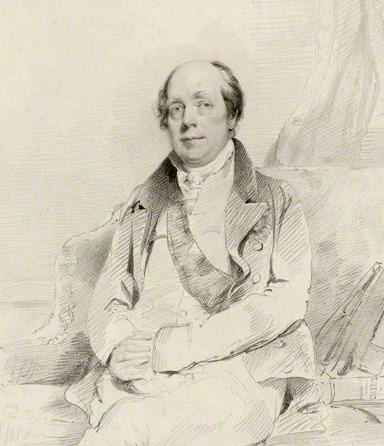 Sir Frederick North
Sir Frederick North
By the same Charter, the Supreme Court was first established in then Ceylon in 1801. The Charter provided for the appointment of the Advocate Fiscal to prosecute against criminals charged with grave crimes. The same Charter facilitated for the admission of Advocates and Proctors of the Supreme Court. Advocate Fiscal was the Chief Prosecuting Officer on behalf of the Crown.
In 1833, after the Kandyan Provinces were also annexed to the Maritime Provinces, the jurisdiction of the Supreme Court was extended to the whole Island and the Advocate Fiscal continued as the Principal Law officer of the Government.
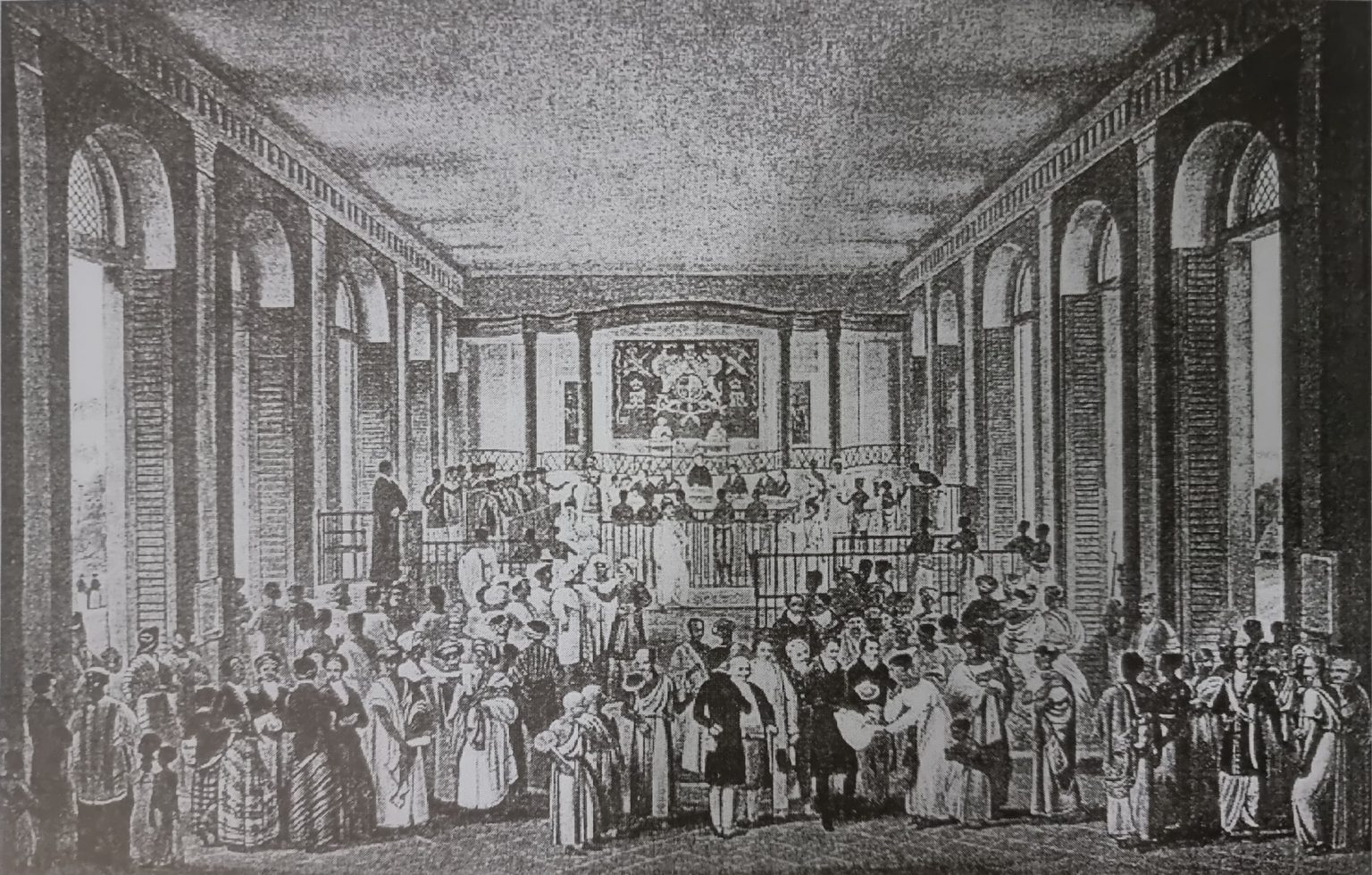 The Supreme Court of Sri Lanka in 1816
The Supreme Court of Sri Lanka in 1816
Later on, he was known as the ‘King’s Advocate’ (or ‘Queen’s Advocate’ as the case may be). Later they introduced two offices as the Queen’s Advocate and the Deputy Queen’s Advocate. They have been redesignated as ‘the Attorney General’ and ‘the Solicitor General’, in 1884. Since then, the Attorney General was the Chief Law Officer as well as the Chief Prosecutor of the Government. The evolution of this office has been discussed by Dr. D. F. H. Gunawardhana, J. in the case of H.M.N. Devapriya Vs. Chief Inspecter of Police Head Quarters (CA (Writ) No. 589/2024 C.A. Minute dated 17.07.2025)
The Office of the Attorney General continued after the adoption of the Ceylon Independence Act. Article 108 of the First Republican Constitution in 1972 also recognized the said office.
During the reign of Mrs. Sirimavo Bandaranaike, (1970 -1977) the National State Assembly enacted the Administrative Justice Law No. 44 of 1973 by which the Office of Public Prosecutor was established for the purpose of prosecution in criminal cases.
Thereafter, National State Assembly enacted the Administrative Justice Law No.44 of 1973 and section 80-83 thereof, the Director of Public Prosecution was vested with the powers and duties of public prosecution. It was functioned until 1978.
After the enactment of the Second Republican Constitution and the re-introduction of the Criminal Procedure Code, sole power of prosecution was exercised by the Attorney-General and his Department.
During the period where Prime Minister Mrs. Sirimavo Bandaranaike ruled the country, the offices of the Public Prosecutor and the Bribery Commissioner came under severe criticism as they were not impartial and politically motivated.
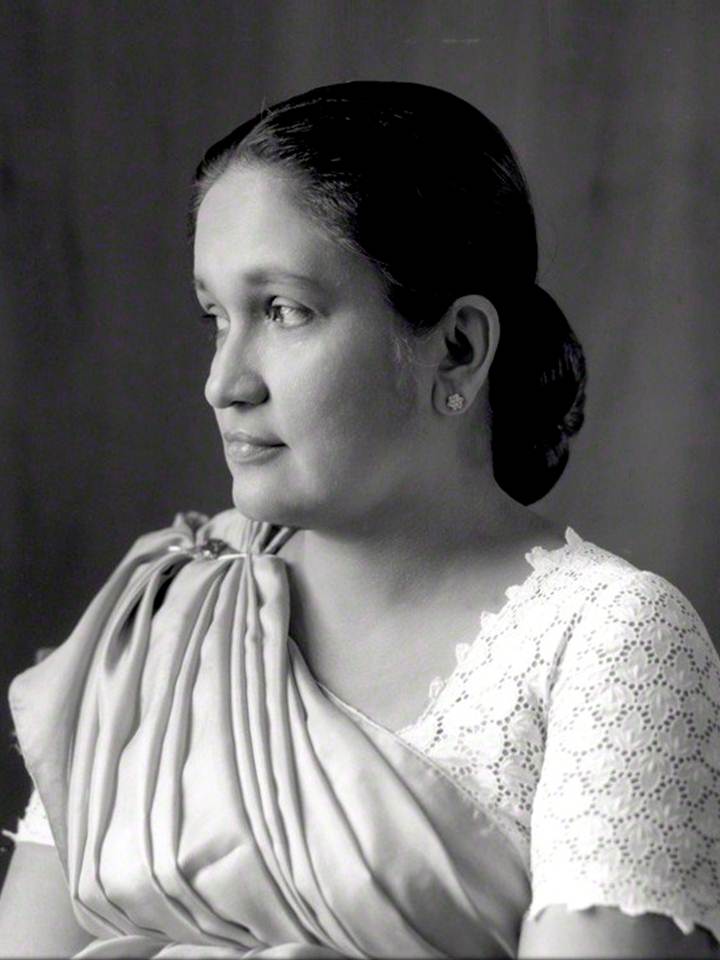 Prime Minister Mrs. Sirimavo Bandaranaike
Prime Minister Mrs. Sirimavo Bandaranaike
One cannot simply deny the fact that they were under tremendous political pressure and failed to demonstrate their impartiality to the political authority. People lost their confidence on both such offices as well as the government.
The situation became aggravated as the then government by 1972 Constitution abolished the Judicial Service Commission and the Public Service Commission by decorating with toothless State Services Advisory Board, State Services Disciplinary Board, Judicial Services Advisory Board and Judicial Services Disciplinary Board.
Mrs. Bandaranaike’s Government came under heavy criticism for politicization of the Judiciary and the Public Service sectors and her government became rapidly unpopular paving the way for J. R. Jayawardena to have landslide and overwhelming victory with 5/6 in the National State Assembly in 1977.
If the new generation needs to learn the political and social landscape prevailed during that era, the best option is watching the Sinhala movie Mid Ocean (id.rhla ueo) produced by veteran film artiste Gamini Fonseka.
The main reason for the abolition of the office of Public Prosecutor was its loyalty, partiality and loss of independence and integrity which is an essential feature of an officer involved in the administration of justice. There were certain matters lacking in the Attorney General’s Department too, but comparatively lesser.
That is why Prime Minister Ranil Wickremesinghe in 2002 enacted the Removal of Public Officer Act No. 5 of 2002 to ensure that the Attorney General cannot be removed without passing an impeachment in Parliament.
In other words, powers for the removal of the Attorney General which was vested in the Executive were removed and transferred to the Legislature.
There are significant provisions contained in the 21st Amendment to the Constitution to ensure the independence of the Attorney General.
Accordingly, the President is obliged to obtain the approval of the Constitutional Council prior to the appointment of the Attorney General.
It appears that the present government has taken keen interests to re-introduce the “Office of Public Prosecutor” arguing that it will function independently without having any political influence or interference. It must be noted that, assuming it is created in good faith; what is the difference in between the Attorney General and Public Prosecutor?
Qualifications for both the officers; shall be of the same as of the Attorney General
Appointment of both officers; shall be by the President with prior approval of the Constitutional Council
Disciplinary control of the both officers; As of the disciplinary code applicable to public servants
Removal; Removal of Attorney General is under Removal of Public Officer Act No. 5 of 2002. If Public Prosecutor is appointed invariably, he also has to be given the same assurance in his employment.
Assuming, the appointment of the Public Prosecutor, the only option is for the President is to appoint a qualified jurist with the approval of the Constitutional Council. In that context, the qualification, the procedure for appointment, disciplinary control and the procedure for removal of the Attorney General and the Public Prosecutor will be identical.
What is the guarantee that a Public Prosecutor will perform independently without any political influence or motivation?
No doubt that the independence of the administrative justice system in this country has to be independent and impartial. For that, no need of dismantling the well-established system that prevailed for 225 years except a period of 6 years (1973-1978).
We need simply one thing to guarantee the independence of the public prosecution in this country. That is, politicians; however, is your mighty, please refrain from interfering or influencing the Attorney-General, his department.
We also must look into the repercussions of the imprudent decisions to be made by the legislation. There was a tug of war that prevailed in between the Attorney General’s Department and the Public Prosecutor during the period where both were function. The latest experience is found in Kenya whereas Similar dual structures were established in 2013 (before the ODPP Act’s consolidation) led to months of jurisdictional disputes between the Attorney-General and Director of Public Prosecutions.
In Pakistan, after the separation of the Public Prosecutor’s Office from the Attorney-General (under the NAB Ordinance, 1999), the post became an instrument for political vendetta. Multiple NAB Chairmen and Prosecutors-General were removed or pressured to file politically motivated cases - eroding public trust in the justice system.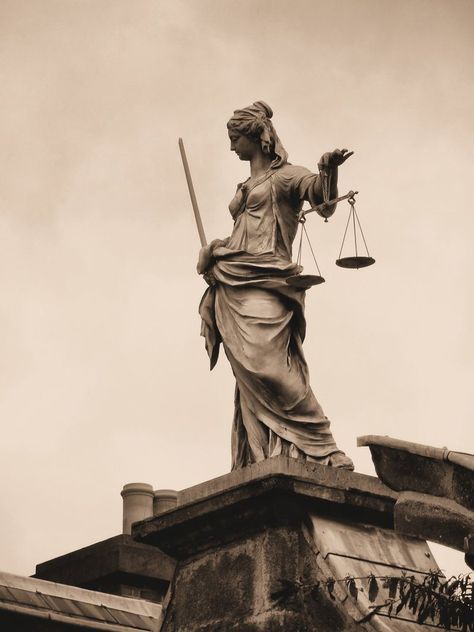
Introducing another prosecutorial body requires makes only a creation of a new bureaucratic structure, budgetary allocations, rules of procedure and complex coordination with the police and judiciary which also will paralyze ongoing prosecutions.
In Nigeria, the 1979 introduction of state-controlled Public Prosecutors under the Federal Attorney-General caused a decade of confusion, with state prosecutors refusing to pursue federal offences and vice versa. It took a constitutional amendment in 1999 to restore coherence.
Once there is a split, coordination between the two entities (AG and PP) will depend on political alignment rather than legal principle which will set a dangerous precedent.
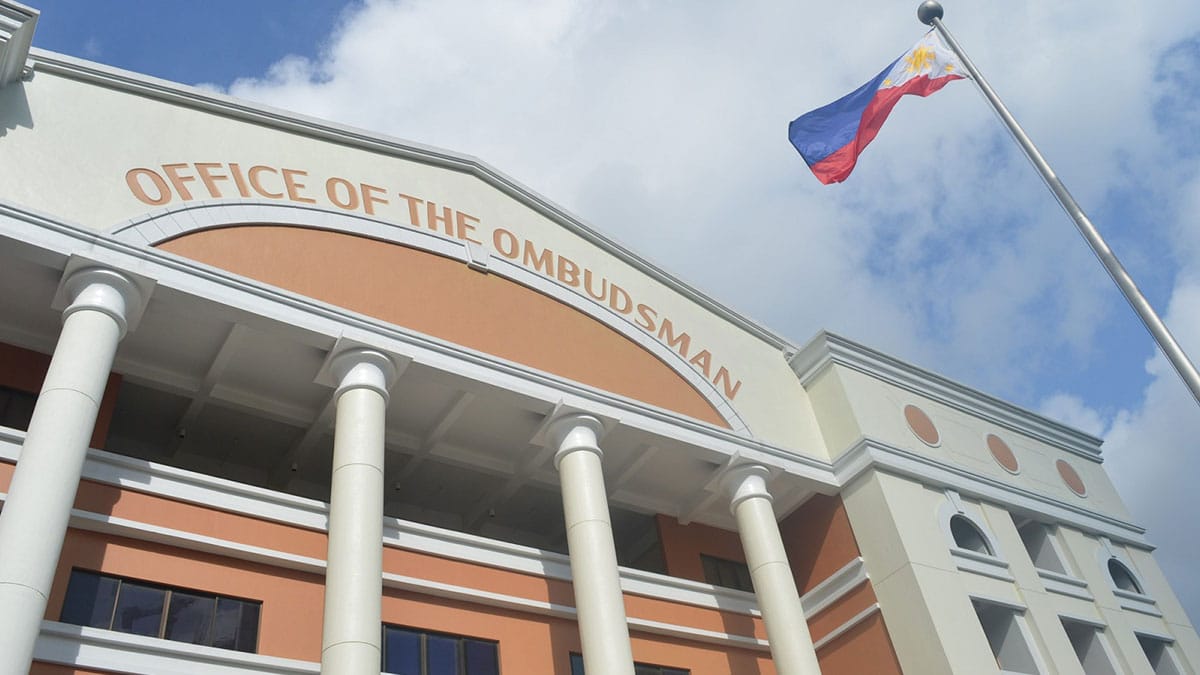 Office of the Ombudsman (OMB)
Office of the Ombudsman (OMB)
The experience of the Philippines serves as a cautionary example of how introducing dual prosecutorial structures in the name of independence can in fact dismantle the integrity of the justice system.
Following the creation of the Office of the Ombudsman (OMB) alongside the Department of Justice (DOJ), both institutions were vested with overlapping authority to investigate and prosecute corruption, abuse of power, and criminal offenses involving public officials. This overlap bred continual jurisdictional conflicts, procedural confusion, and duplication of cases, leading to delays and the frequent dismissal of prosecutions on technical grounds.
The collapse of major cases such as the Gloria Macapagal-Arroyo “ZTE” telecommunications scandal (2007–2016) illustrated how two competing prosecutorial bodies fragmented evidence, contradicted each other’s findings, and ultimately failed to secure convictions.  Department of Justice (DOJ)
Department of Justice (DOJ)
Similarly, during the “Pork Barrel” embezzlement investigations (2013–2018), political rivalry between the Ombudsman and the DOJ led to accusations of selective justice and the dismissal of several corruption cases. Under President Duterte’s “War on Drugs”, the conflict deepened, the DOJ pursued low-level offenders while the Ombudsman cleared senior officials, producing inconsistent and politically tainted outcomes that eroded public trust and drew international criticism, including from the International Criminal Court.
The duplication of roles, political appointments, and absence of clear accountability turned the supposed independence of the Ombudsman into a façade. Instead of strengthening checks and balances, the divided structure weakened prosecutorial coherence, fostered inefficiency, and entrenched politicization.
The Philippine model proves decisively that independence without unity and depoliticization is a dangerous illusion and a warning directly applicable to Sri Lanka, where creating a separate Public Prosecutor’s Office alongside the Attorney-General’s Department would almost certainly repeat these institutional failures.
(Source - DailyMirror)

Leave your comments
Login to post a comment
Post comment as a guest